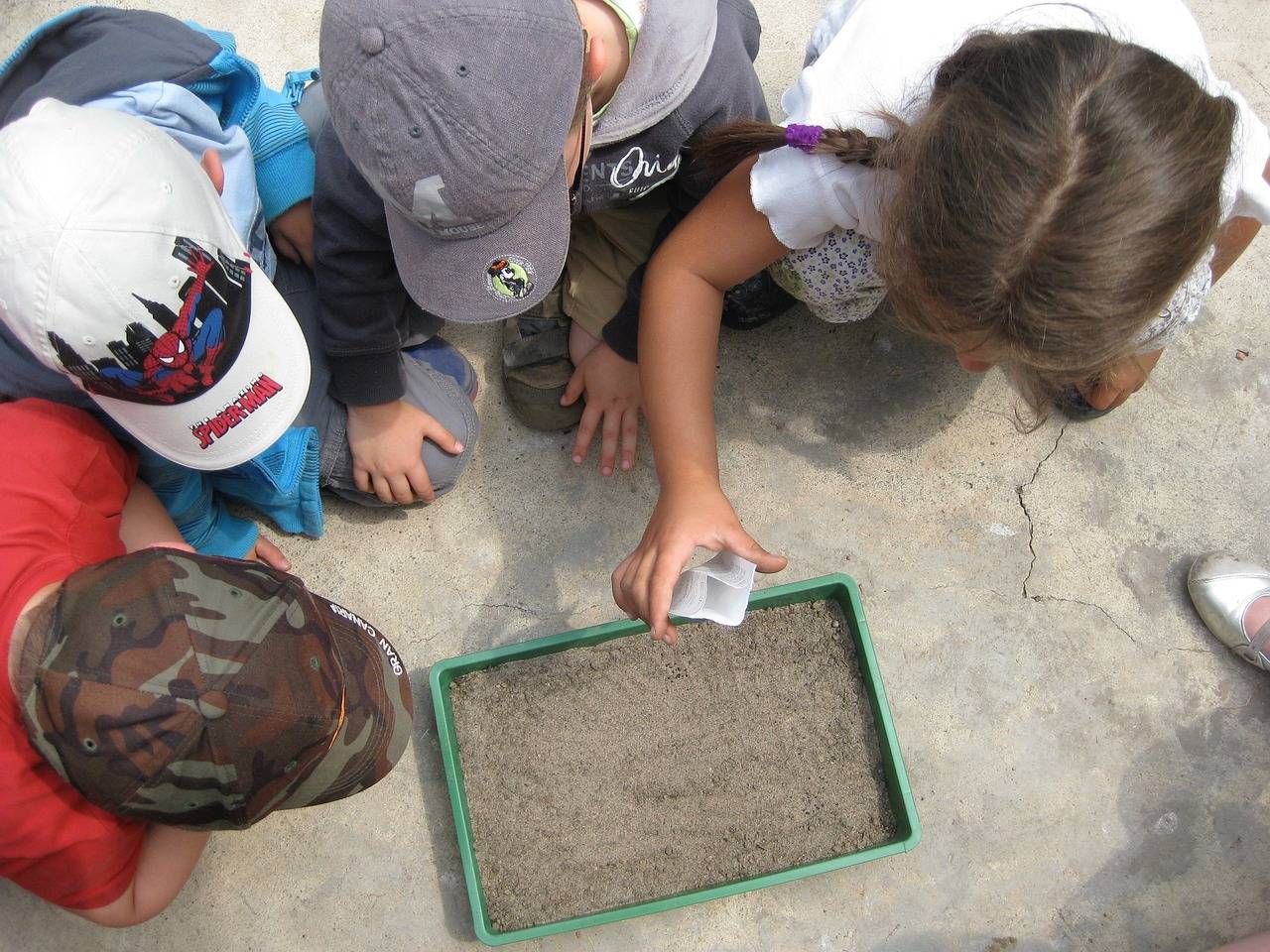The Power of Peer Learning Communities in Education
Peer learning communities in education offer a myriad of benefits to students across various academic levels. One of the key advantages is the opportunity for students to actively engage in discussions and share knowledge with their peers. This collaborative learning environment not only fosters a deeper understanding of the subject matter but also enhances critical thinking skills as students learn to articulate their thoughts and perspectives.
Moreover, peer learning communities provide a supportive network for students to seek help and guidance from their peers. By working together to solve problems and tackle challenging concepts, students develop a sense of camaraderie and mutual respect that can significantly boost their motivation and confidence. This sense of teamwork and shared responsibility can also lead to improved communication skills and a greater sense of belonging within the academic community.
How Peer Learning Communities Foster Collaboration
Peer learning communities play a crucial role in fostering collaboration among students. By working together on academic tasks, students are able to exchange ideas, provide feedback, and support one another’s learning processes. This collaborative environment encourages students to communicate effectively, solve problems collectively, and develop a shared sense of accountability for their academic success.
Moreover, peer learning communities help students cultivate important interpersonal skills that are essential for collaboration in various aspects of life. Through interactions with peers, students learn how to listen actively, empathize with others, and respect different perspectives. By engaging in collaborative activities within the learning community, students also develop teamwork skills, enhance their social competence, and build a strong foundation for future professional collaborations.
The Impact of Peer Learning Communities on Academic Performance
Peer learning communities have shown remarkable results in improving academic performance among students. By working together to understand complex concepts and solve problems, students in peer learning communities are able to deepen their understanding of the material. This collaborative approach encourages active participation and engagement, leading to better retention of information and enhanced learning outcomes.
Furthermore, being part of a peer learning community provides students with a support system that helps them stay motivated and on track with their studies. The opportunity to exchange ideas, ask questions, and receive feedback from peers fosters a sense of community and accountability. This sense of belonging and shared responsibility contributes to a positive learning environment where students feel empowered to take ownership of their education and strive for academic excellence.





